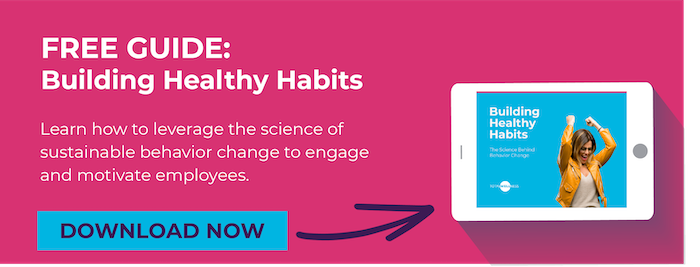According to WebMD, an estimated 40%-75% of people are vitamin D deficient. This is concerning because vitamin D provides numerous health benefits and is an important aspect of your overall health – as it helps your bones, muscles, heart, lungs, and brain function optimally.

Despite its name, vitamin D isn’t just your average vitamin. It actually functions as a hormone once your body absorbs it. Although it might sound like healthy vitamin D levels should be easy to maintain, there are many factors that can make it difficult to get enough of it.
Keep on reading to learn more about vitamin D and why it’s so important to get enough of it.
How Much Vitamin D Do You Need?
For adults up to age 70, the recommended daily allowance of vitamin D is 600 IU per day. Of course, this is just a general rule. There are many factors that can affect your recommended intake. It’s important to chat with your doctor to see if your vitamin D levels are sufficient.
It’s also important to know that there is such thing as too much vitamin D. Exceeding the recommended daily allowance of vitamin D on a regular basis can cause abnormally high blood calcium level, which can lead to a variety of health consequences – like nausea, constipation, confusion, abnormal heart rhythm, and kidney stones. The good news is that it’s nearly impossible to overdose on vitamin D from your diet or sun exposure. Just be sure you aren’t taking too much vitamin D in the form of supplements.
Health Benefits of Vitamin D
Vitamin D is more important than you might think. While it’s always been known that vitamin D helps grow strong bones, research has found that vitamin D is extremely important for your health for a number of reasons. According to Medical News Today, some of the health benefits of vitamin D include:
- Maintaining healthy bones and teeth
- Supporting a healthy immune system, brain, and nervous system
- Regulating insulin levels and aiding diabetes management
- Supporting lung function and cardiovascular health
- Influencing the expression of genes involved in cancer development
- Reduced risk of flu
- Healthy pregnancy
Studies have found that vitamin D might also help protect you from serious health conditions such as cancer, diabetes, and multiples sclerosis.
Signs of Vitamin D Deficiency
Many adults aren’t getting the vitamin D they need on a daily basis. This can be for a number of reasons. According to the Vitamin D Council, you might not be getting enough vitamin D if:
- You don’t get enough sunlight. Your body is usually able to get all the vitamin D it needs if you regularly expose enough bare skin to the sun.
- You don’t take supplements. It’s very challenging to get enough vitamin D from the foods you eat alone.
- Your body needs more vitamin D than usual, for example, if you’re obese, pregnant, or have darker skin.
Some common signs of vitamin D deficiency include:
- Chronic pain and muscle weakness
- Hair loss
- Reduced bone density, broken bones, or stress fractures
- Excessive sweating
- Fatigue
- Hypertension (high blood pressure)
- Feeling depressed or irritable
- Getting sick more often
Not everyone with vitamin D deficiency will experience symptoms, so it’s still important to have your doctor check your levels during your regular check-ups even if you haven’t noticed any of these warning signs.
Health Risks of Vitamin D Deficiency
Besides not receiving any of the health benefits of vitamin D, adults with vitamin D deficiency might face some serious health risks if the problem goes untreated. Vitamin D deficiency can lead to a higher risk of:
- Certain types of cancer
- Heart disease
- Depression
- Multiple sclerosis
- Dementia
- Obesity
- Hypertension
- Fibromyalgia
- Osteoporosis
Healthy Ways to Get More Vitamin D
If you aren’t getting enough vitamin D, there are easy habits you can develop to maintain a healthy level of vitamin D intake. While sunlight is an excellent way to produce more vitamin D, too much sun exposure without proper sunscreen use can damage your skin and increase your risk of skin cancer. Plus, it can sometimes be difficult to spend time in the sun depending on where you live or what season it is.
Some healthier ways to get more vitamin D include:
- Vitamin D supplements
- Eating foods rich in vitamin D – like fatty fish, soy milk, cheese, egg yolks, and mushrooms
- Staying smart in the sun – just five minutes of exposure to sunlight on bare skin is all you need a day! Just be sure to apply sunscreen if you plan to be outside longer than five minutes.
With vitamin D deficiency being a common problem in American adults, it’s best to stay mindful of your vitamin D intake. If you notice you have some of the symptoms of vitamin D deficiency, talk to your doctor about taking supplements or including more foods in your diet that are rich in vitamin D.
Do you pay attention to your vitamin D levels? Let us know in the comment section below!
Like this blog post? Share it with your employees or co-workers with this printable version of the blog!
Image created by Freepik



